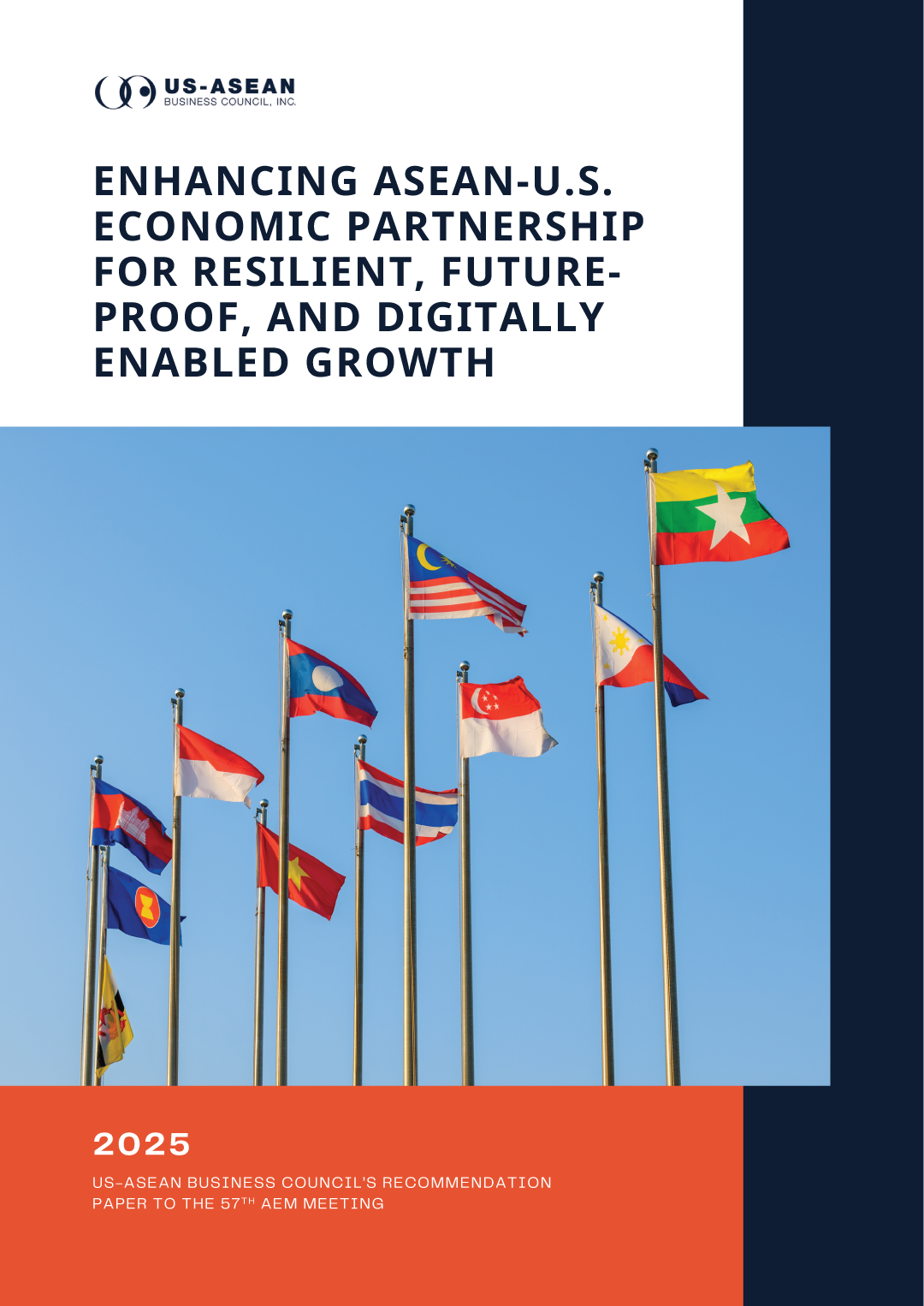ASEAN Countries Increase Investment to Upgrade Healthcare Infrastructure

Healthcare facilities deficiency and medical personnel shortage have been ongoing concerns to national healthcare systems in ASEAN countries. To address such challenges, governments across ASEAN have declared significant investment packages for more accessible and cutting-edge healthcare infrastructure. In Singapore, where the aging population has created significant burden on the limited-capacity healthcare facilities, Ministry of Health added more than 500 beds in October, aiming to reach 1,300 beds this year. Singapore also plans to invest in major healthcare infrastructure projects such as the Eastern Integrated Health Campus and the redevelopment of Alexandra Hospital towards 2030, and the Woodlands Health Campus starting from the end of 2023. Besides the expansion of existing infrastructure, Singapore government also focuses on developing facility for high-tech medical practices such as cell and gene therapy, setting to advance Singapore’s cancer treatment and regenerative medicine.
In Malaysia, a 13% raise in budget for Ministry of Health in 2024, the highest percentage increase since 2014, was approved. The MOH’s EM41.2 billion budget will be allocated for obtaining medicine supplies, consumables, reagents, and vaccines. Malaysia’s Prime Minister also emphasized diversifying medicine imports by increasing supply from neighboring countries and reducing reliance on European and US sources.
In September, Vietnam announced a US$304 million investment on medical infrastructure and equipment for Ho Chi Minh City, the southern metropolitan hub of Vietnam. Vietnam’s Ministry of Health also proposed a plan to attract public-private and private investment on non-public healthcare sectors such as technical services and on-demand medical examinations and treatments. Specifically, the plan targets a rise in bed capacity for private hospitals of 10% of the total national bed capacity by 2025 and 25% by 2050.







![Cover-[USABC-Final]-Driving-ASEAN-Unity-Malaysia's-Vision-for-2025](/sites/default/files/2025-07/Cover-%5BUSABC-Final%5D-Driving-ASEAN-Unity-Malaysia%27s-Vision-for-2025.jpg)


